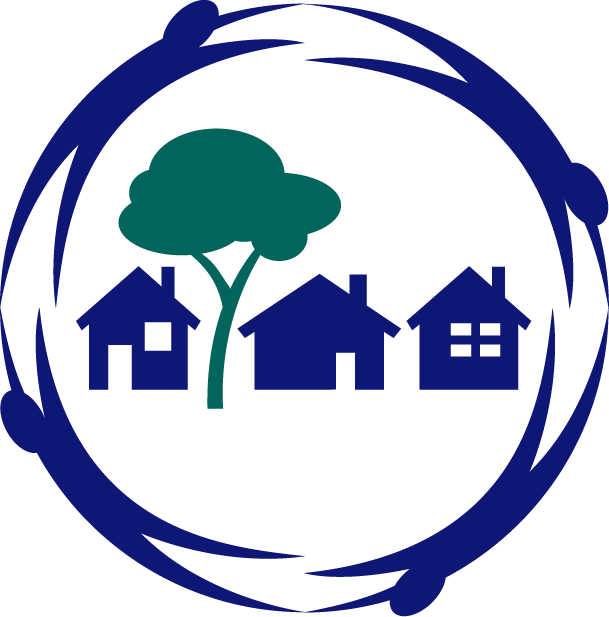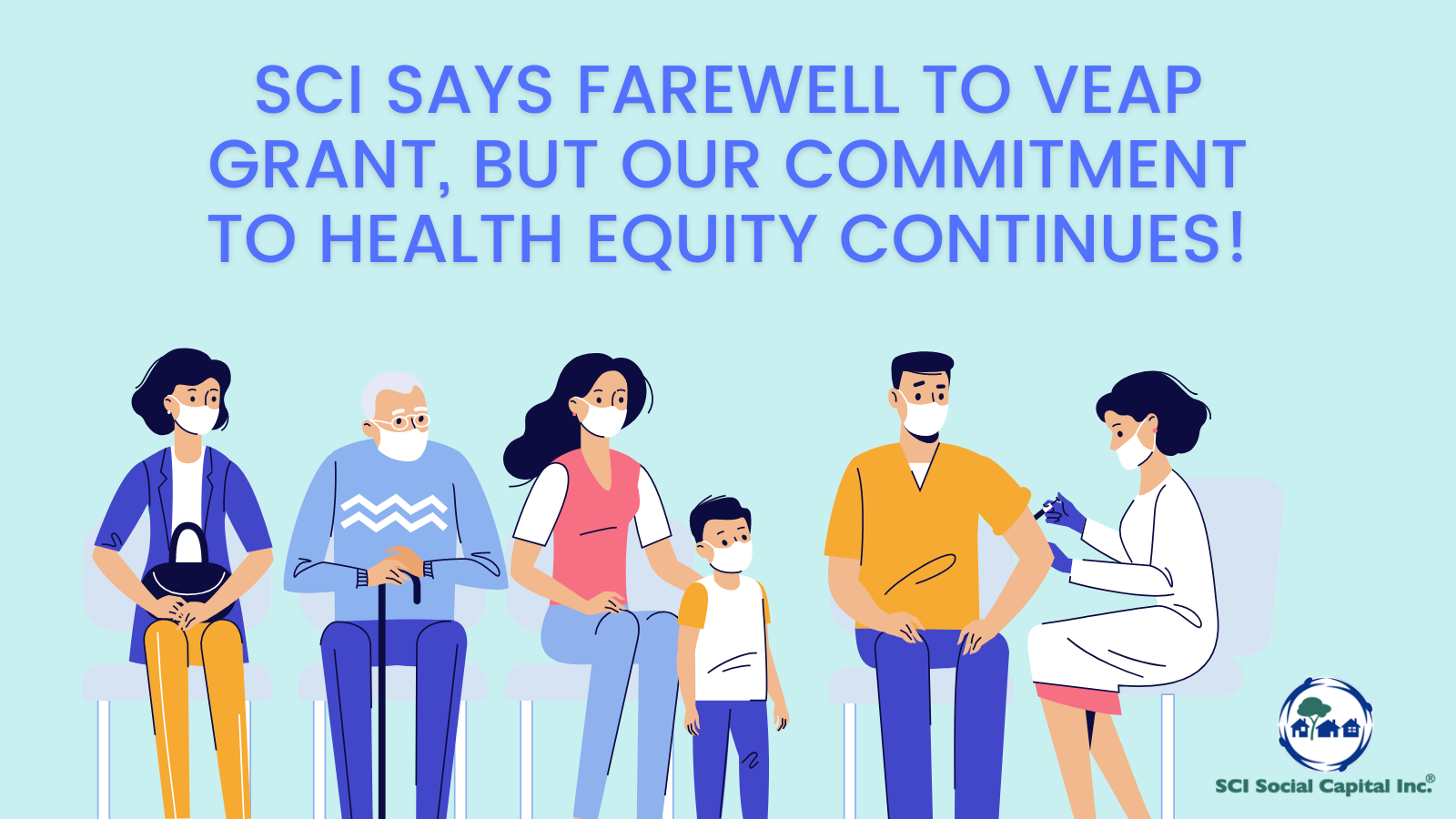Addressing the Causes of Bullying


We were deeply disturbed to read the story in yesterday’s Boston Globe about the Woburn Memorial High School freshman football player who has been the victim of bullying and sexual harassment. Today we would like to share some thoughts on some of the context surrounding this situation, followed by some ideas about how SCI can work with others to create a safe climate for everyone in the community.
First, we would like to express our deep sadness for what the young man, Johnathan Coucelos, had to experience, and to commend the courage he and his family have shown by bringing the issue to public attention.
We understand that there are ongoing investigations being conducted by the school system and the district attorney’s office, and that limits what officials can share at this time. So on that point, we will simply say we hope that there are serious consequences for the perpetrators of these acts of violence.
Beyond the perpetrators, we must consider what role others play in the situation. Onlookers that let unjust acts occur bear some responsibility. In January, SCI will be offering a program on Allyship, looking at what we can do to support marginalized groups that are too often targeted. More on that to follow. First, we share thoughts on some of the underlying issues.
The Globe story noted about halfway through that Johnathan identifies as Puerto Rican and a BIPOC student. While nothing in the story suggests that race is a driving factor in this particular incident, we do know that race plays in so many situations, including bullying. The 2015/16 Civil Rights Data Collection on School Climate and Safety, found that 23% percent of allegations of bullying involved harassment or bullying on the basis of race, 16% involved allegations on the basis of sexual orientation, 11% involved allegations on the basis of disability, and 8% involved allegations on the basis of religion. (source article)
It is certainly fair in this situation, and others like it, to ask what would the consequences be if the perpetrators were BIPOC students and the victim was white. We hope the outcome of the official proceedings lead to a result that officials can confidently say would have been the same had the identities of the students been reversed.
At its best, youth sports provide an opportunity to learn values and life skills, while having active fun with friends. However, far too often, the environment surrounding youth sports can digress into a situation in which many of the worst “isms” rear their ugly head. This Woburn story is just the latest in a regular stream of disconcerting stories from high school sports around the state. For instance, Danvers has been in the news for hazing incidents that parallel the Woburn story in many ways, as well as reports of racist, sexist and homophobic language being used in team chats.
The locker room culture and “boys will be boys” mentality that abets the reported behaviors is clearly all too commonplace. This is not a new issue in our culture that glorifies athletes, and sends messages about how much we value success in sports starting from a young age. The time is long overdue for a zero tolerance approach to racist, sexist and homeophobic behavior in youth sports.
The good news is, there are many coaches and other leaders in sports that do see the crucial role sports can play in developing young men and women of character, who show respect for all. We will let others discuss the game plan for making the needed changes in youth sports; so now we turn to some ways we at SCI can contribute to making our communities safe for everyone.
While the immediate action steps to address this incident are in the hands of school officials, SCI is eager to do what we can to further our work to promote a safe, welcoming environment for everyone in our community.
It so happens that we have a number of programs in the works that could be an opportunity for those interested in the goal of creating a safe environment for all.
Allyship Spotlight
SCI is partnering with ThinkGive to offer the Allyship Spotlight program starting in January. The goal of the program is to provide educators, community members and youth with a chance to learn about and discuss allyship, then take action to become allies for marginalized people in our community.
The Allyship Spotlight program will engage participants in a 5 part discussion around how to be an effective ally, including how to address bias when we see it in our daily lives. That is certainly a timely topic, as we consider how people might step in should they be around a situation where someone is targeted because they are different than others in the group.
There are two ways you can get involved with our Allyship Spotlight. First, if you are a teacher or leader of a youth group, you can sign up to get access to the curriculum to use with your students. Second, if you want to join in our Allyship Spotlight “Lunch and Learn” program via Zoom, you can sign up here. This program will run starting on January 7. Note: the sign-up forms are hosted on the website of our partner organization, ThinkGive.
Woburn Parent Network
We launched the Woburn Parent Network (WPN) early in the pandemic to provide parents with an opportunity to learn and share ways to support our children during these challenging times. There was a very good response to the WPN presentations and forums.
For a variety of reasons, we haven’t had a WPN program yet this school year. We will take steps to hold a WPN program early in 2022 on the topic of bullying – what parents can do to prevent it, and what steps to take should we become aware of it. We have resources to bring in a speaker with expertise on the subject – let me know if you have suggestions! You can also join the WPN Facebook group to connect with things we are doing in this area.
Leaders for an Equitable Tomorrow (LET)
The LET program, which we coordinate in partnership with the Network for Social Justice, brings teens together to explore the intersection of racism and mental health. Being targeted by aggressive bullying can certainly have serious consequences for mental health, so the recent incident is certainly something we will be talking about with LET participants. We hold monthly workshops that are open to any interested high school students, so stay tuned for details on upcoming programs.
Ready to join the conversation
While we have several existing avenues to leverage toward the goal of a safe community for all, we also welcome the opportunity to join with school leaders, other community organizations and concerned residents on broader conversations about the recent bullying incident and how we create a climate where such egregious acts of violence and harassment will not happen again.


